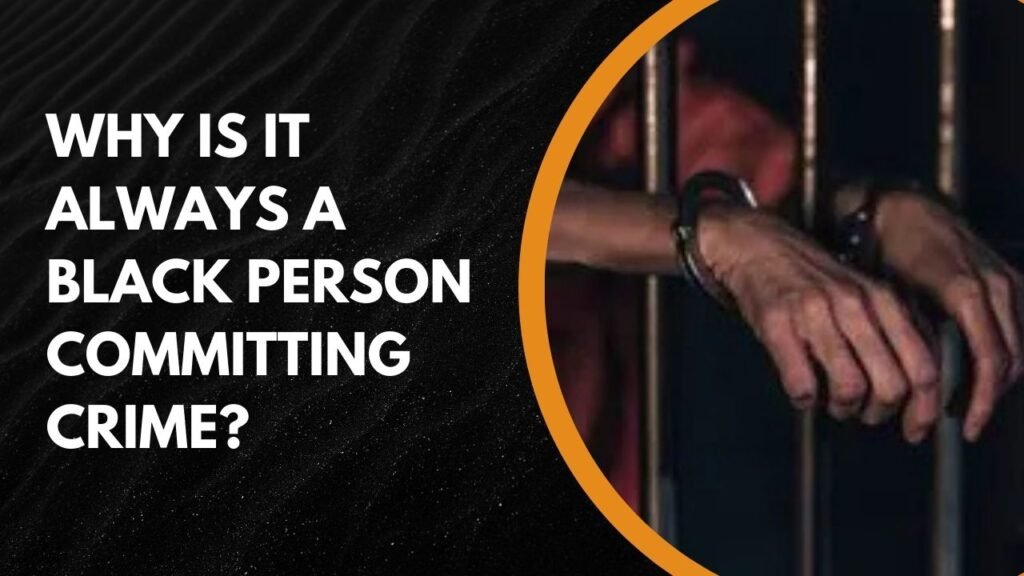Is Overstaying a Visa in the US a Crime? Knowing US visa laws is key for anyone on a visa in the US. Breaking these laws can lead to big problems. It can affect your status and future chances in the country.
If you’re on a visa, you know the rules for staying. But, US immigration laws can be tricky. Sometimes, you might break them without meaning to.
Overstaying your visa can cause big trouble. You might struggle to renew your visa or even be banned from coming back. It’s important to understand the risks and follow the visa rules.
Contents
- 1 Understanding Visa Overstays in the United States
- 2 Is It a Crime to Overstay a Visa in the US?
- 3 Consequences of Overstaying Your Visa
- 4 Legal Remedies and Options for Visa Overstayers
- 5 Available Remedies and Relief Options
- 6 Conclusion: Is Overstaying a Visa in the US a Crime?
- 7 FAQ
- 7.1 What happens if I overstay my visa in the US?
- 7.2 Is overstaying a visa a civil or criminal offense?
- 7.3 Can I get a new visa if I have overstayed a previous one?
- 7.4 How can I rectify my immigration status if I have overstayed my visa?
- 7.5 Can I still get a green card if I have overstayed my visa?
- 7.6 What is the difference between a visa overstay and an unlawful presence?
Understanding Visa Overstays in the United States
If you’re in the US on a visa, it’s key to know overstaying can cause big problems. The US immigration system is complex. It has many types of visas, each with its own rules.
Visa overstays happen when someone stays in the US past their visa’s end date. This can be due to not knowing the visa’s end date or issues with extending or renewing it.
Types of Visas and Their Overstay Implications
Overstaying different visas can lead to different consequences. For example, overstaying a tourist visa (B2) or a student visa (F1) has different effects than an employment visa (H1B).
| Visa Type | Purpose | Overstay Implications |
|---|---|---|
| Tourist Visa (B2) | Temporary visit for tourism or business | Potential ban on re-entry, loss of future visa eligibility |
| Student Visa (F1) | Study in the US | Loss of student status, potential deportation |
| Employment Visa (H1B) | Work in the US for a specific employer | Potential loss of employment status, deportation |
Understanding the specific implications of overstaying your visa is crucial for maintaining your legal status in the US.
Overstaying a visa can cause serious problems, like being banned from re-entering the US. It can also make future visa applications hard. Knowing your visa’s terms and conditions is vital to avoid these issues.
Is It a Crime to Overstay a Visa in the US?
Knowing the legal effects of overstaying a visa is key for those in the US on a visa. Overstaying can lead to serious legal issues. These can affect your future immigration status and chances.
Overstaying a visa in the US is against immigration laws. But, whether it’s seen as a civil or criminal offense can be tricky.
Differentiating Between Civil and Criminal Offenses
The US immigration law makes a clear difference between civil and criminal offenses. Overstaying a visa is usually seen as a civil offense. But, it can turn into a criminal charge if it involves fraud or other crimes.
As an overstayer, you might face penalties like being banned from re-entering the US for a while or deportation. The exact penalties depend on how long you overstayed and your specific situation.

Even though overstaying a visa is not usually a criminal offense, it can still have big legal consequences. It’s important to know the possible outcomes and look into ways to fix your immigration status.
If you’re dealing with visa overstay issues, getting legal advice is crucial. It can help you understand and deal with the complexities of US immigration law.
Consequences of Overstaying Your Visa
Knowing the effects of visa overstay is key for anyone who has stayed too long. Staying past your visa’s end can harm your immigration status and future plans in the US.
The first effects of overstaying your visa can be scary. You might face deportation proceedings or be banned from entering the US for a while. How bad these penalties are depends on how long you overstayed.
One big long-term effect is how it affects getting future immigration benefits. You might find it hard to get a new visa, adjust your status, or become a lawful permanent resident.
| Length of Overstay | Penalty | Impact on Future Benefits |
|---|---|---|
| Less than 180 days | Unlawful presence, potential bar | Difficulty in adjusting status |
| 180 days to 1 year | 3-year bar from re-entry | Significant challenges in obtaining new visas |
| More than 1 year | 10-year bar from re-entry | Severe limitations on future immigration benefits |
It’s important to know these effects and get legal help if you’ve overstayed your visa. The right legal advice and quick action can help lessen the damage to your future immigration chances.
Legal Remedies and Options for Visa Overstayers
If you’re facing a visa overstay issue, knowing your rights is key. It’s not always a direct path to deportation. There are legal ways to lessen the impact.
Getting legal advice is a big step. An immigration lawyer can explain your options and help you navigate the system. Having a lawyer can greatly improve your case’s outcome.
Available Remedies and Relief Options
Visa overstayers have several relief options, including:
- Adjustment of Status: If you qualify, you can become a lawful permanent resident.
- Cancellation of Removal: In some cases, you might be eligible to avoid deportation.
- Asylum: If you’re escaping persecution, you could be eligible for asylum.
The table below shows some common relief options and who can apply:
| Relief Option | Eligibility Criteria | Benefits |
|---|---|---|
| Adjustment of Status | Married to a U.S. citizen, having a valid visa | Become a lawful permanent resident |
| Cancellation of Removal | Continuous residence for 10+ years, good moral character | Prevent deportation, obtain a green card |
| Asylum | Fleeing persecution based on race, religion, etc. | Avoid deportation, obtain work authorization |
Understanding these options and the legal process is crucial. It helps you make smart choices. Always talk to an immigration lawyer to find the best solution for you.
See Also: Is It a Crime to Not Go to School?
Conclusion: Is Overstaying a Visa in the US a Crime?
You now know more about the consequences of overstaying a visa in the US. Overstaying can lead to serious issues like deportation and bans on re-entry. It’s important to remember that while overstaying itself isn’t a crime, it can turn into one if you break other laws.
If you’re dealing with visa overstaying problems, looking into legal options is key. Immigration attorneys can help you understand your situation and find ways to fix it. They know a lot about immigration law.
To stay out of trouble, it’s crucial to follow US visa rules. If you’re not sure about your visa status or what happens if you overstay, getting professional advice is a good idea. This way, you can make smart choices about your situation.
FAQ
What happens if I overstay my visa in the US?
Overstaying your visa can lead to big problems. You might not be able to come back to the US. You could also lose your immigration status and face penalties.
Is overstaying a visa a civil or criminal offense?
Overstaying a visa is usually a civil offense. But, if you commit a crime while overstaying, it could become a criminal charge.
Can I get a new visa if I have overstayed a previous one?
You might get a new visa if you’ve overstayed before. But, you’ll have to tell USCIS about it. They’ll check if you’re eligible.
How can I rectify my immigration status if I have overstayed my visa?
To fix your immigration status, talk to an immigration lawyer. You can also file a motion or apply for a waiver. These are options under US immigration laws.
Can I still get a green card if I have overstayed my visa?
You might still get a green card if you’ve overstayed. But, you must follow the right steps and meet the requirements. You might need to file a waiver.
What is the difference between a visa overstay and an unlawful presence?
A visa overstay happens when you stay past your visa’s end date. Unlawful presence is being in the US without a valid status. Both can cause serious problems, like penalties and affect future immigration chances.




